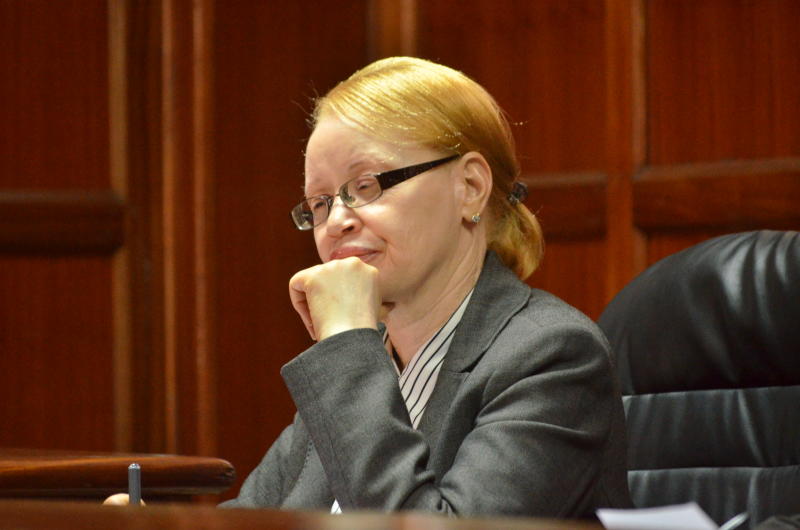×
The Standard e-Paper
Home To Bold Columnists

A Mandera County government employee has been ordered by the anti-corruption unit to surrender Sh61 million he claims to have made from selling honey.
Justice Mumbi Ngugi, now a Court of Appeal judge, found that Abdi Mohamed Ali's explanation on how he got the money he had banked in two accounts was not believable. She said Abdi's wealth was a proceed of crime and ought to be handed to the State.